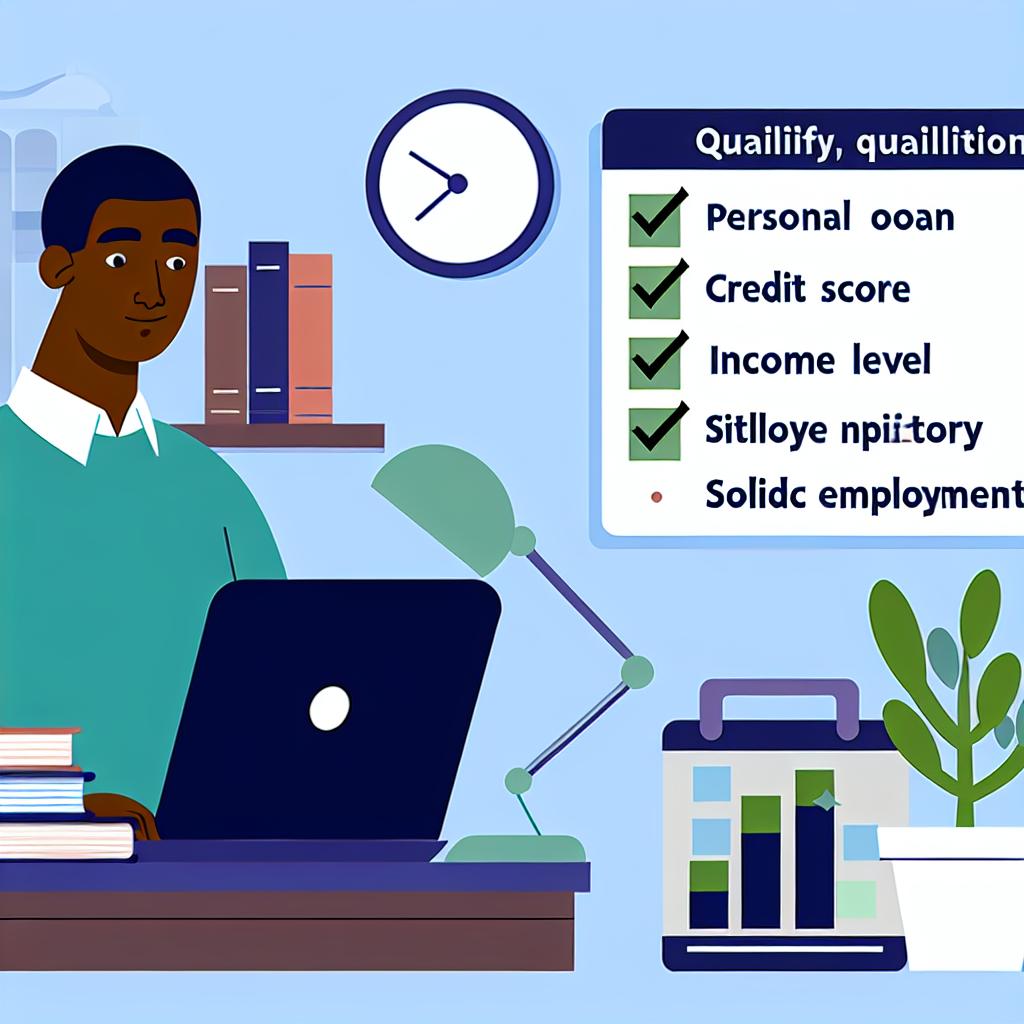Understanding Personal Loans for Young Borrowers
Personal loans serve as an important financial instrument for young individuals who are seeking to manage or fund certain financial obligations or desires. These obligations can range from education expenses, home improvements to emergency costs among other financial needs. While personal loans can be beneficial, obtaining them is not always straightforward for young borrowers. This is primarily because young individuals often lack a robust credit history or sufficient income, which are critical factors lenders consider during loan approval processes. Therefore, understanding the components and requirements of personal loans is essential. This guide aims to outline the key considerations young borrowers should be mindful of when applying for personal loans.
Establishing a Credit History
Credit history acts as a cornerstone for most lenders when they assess a borrower’s financial reliability and creditworthiness. Due to their age, young borrowers frequently face challenges in demonstrating a well-established credit history. Establishing and building a solid credit history would enhance the prospects of loan approval. Here are a few strategic steps that young borrowers can take to establish credit:
1. Open a Credit Account: A practical way for young borrowers to start building their credit history is by opening a credit account. Opting for a credit card specifically designed for beginners is a viable strategy. It is advisable to make small purchases and subsequently pay off the full balance every month. This practice not only aids in establishing credit but also fosters disciplined financial habits.
2. Be an Authorized User: Another approach is to become an authorized user on a family member’s credit card account. By doing so, young individuals can begin to build their credit history. This works well because the primary account holder’s credit activities, including their positive ones, reflect on the authorized user’s credit profile.
Assessing Your Income
In addition to credit history, income is another crucial element that considerably influences a lender’s decision-making process. Lenders need to be convinced of the borrower’s financial ability to repay the loan. Thus, having a clear understanding and presentation of your income can have a positive effect on your loan application. Here are a few points to consider:
1. Stable Employment: Securing stable employment with consistent income can significantly impact a loan application favorably. Lenders are likely to request proof of income, such as pay stubs or tax returns to verify your financial stability. Ensuring you have steady full-time or part-time employment adds credibility to your financial profile.
2. Consider Part-Time Jobs: For those who are students or part-time workers, it’s crucial to demonstrate your ability to repay the loan through showcasing all available sources of income. Listing and clearly documenting every income stream can assist in validating your financial capacity.
The Role of Debt-to-Income Ratio
Besides credit history and income, lenders will also evaluate the debt-to-income (DTI) ratio. DTI ratio measures the proportion of your income that is allocated toward existing debt payments. A lower DTI ratio is indicative of a greater borrowing capacity and reliability, which is favorable in the eyes of lenders. Maintaining a DTI ratio below 36% can significantly increase the likelihood of qualifying for a personal loan.
Managing Existing Debts
Existing debts, including student loans and other financial obligations, can impact your eligibility and approval for additional loans. Effectively managing these existing debts can improve your overall financial profile and reliability. Consider these strategies for managing current debts:
1. Timely Payments: Making timely payments on current debts should be a priority to avoid negative marks on your credit report. A positive payment history plays a crucial role in enhancing your creditworthiness.
2. Consolidate Loans: If you are dealing with multiple high-interest debts, consider consolidating them. Consolidation of debts can help in simplifying your payment structure by bringing various obligations into a single, manageable payment. This can potentially reduce the interest you’re paying over time. For more detailed information, consider exploring resources like Debt Consolidation.
Exploring Alternative Loan Options
If encountering difficulties with securing traditional personal loans, it may be prudent to explore alternative financing options. Some of these options include:
1. Co-Signer: Finding a co-signer with a strong credit history can considerably strengthen your loan application. Co-signers add an additional layer of assurance for lenders because they are financially liable if the borrower fails to repay the loan.
2. Peer-to-Peer Lending: Peer-to-peer lending platforms provide another alternative. These platforms typically have more flexible lending criteria and may be more lenient or willing to accommodate and work with young borrowers who are still building their credit and income profiles.
Overall, young borrowers who are keen on securing personal loans must delve into understanding these vital factors and prepare their application and financial profile accordingly. Cultivating responsible financial management habits and making informed decisions are crucial in building a robust loan application. With discipline, young individuals can set themselves on a path toward better financial health and opportunities in obtaining personal loans.

